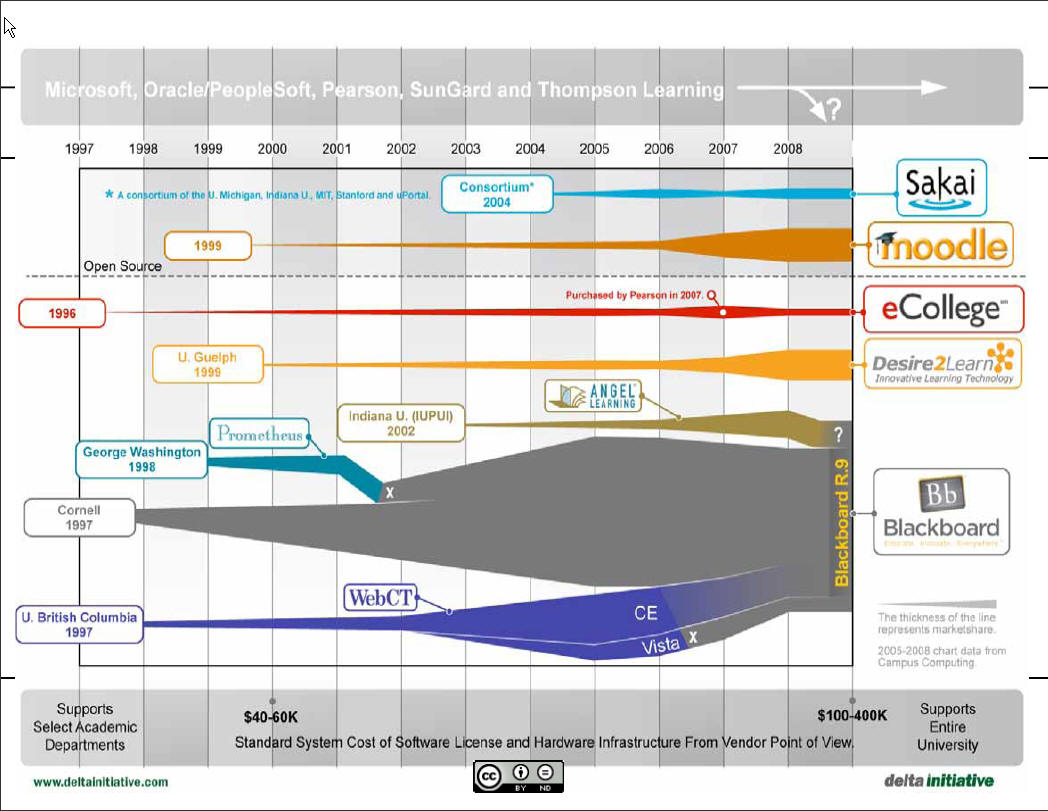14 July 2010 update - see also this post about the launch of App Inventor as a publicly available beta product.
Hal Varian is not the only academic (nor Hal...) seconded to Google.
Hal Abelson is an eminent professor of computer science and engineering at MIT, and a very influential figure in the field. He was founding director of Creative Commons and of the Free Software Foundation. Over the last year he has been working on secondment to Google on a project about using the Android Open Source operating system as platform for learning computer science. He now reports on this in the Google Research Blog. This excerpt is about as succinct a summary as you will find of the "architectural shift" that is taking place:
"Mobile applications are triggering a fundamental shift in the way
people experience computing and use mobile phones. Ten years ago,
people "went to the computer" to perform tasks and access the Internet,
and they used a cell phone only to make calls. Today, smartphones let
us carry computing with us, have become central to servicing our
communication and information needs, and have made the web part of all
that we do. Ten years ago, people's use of computing was largely
dissociated from real life. With the ubiquity of social networking,
online and offline life are becoming fused."
Abelson goes on to announce App Inventor for Android, which "lets people assemble Android applications by arranging 'components' using a graphical drag-and-drop-interface", and which will be trialled with students in a group of around a dozen universities (all in the US bar the University of Queensland) in Autumn 2009. The rationale for the development of App Inventor for Android is that the architectural shift needs to be matched by a shift in the computer science curriculum "to make it more about people and their
interactions with others and with the world around them", so that people "can engage the world of mobile services
and applications as creators, not just consumers".
Abelson concludes:
"Through this work, we
hope to do the following:
- make mobile application development accessible to anyone;
- enhance introductory learning experiences in computing through the vehicle of Android’s open platform;
- encourage a community of faculty and students to share material and ideas for teaching and exploring."
For me, this development raises several interesting issues:
1. Where are UK (on Indian, for that matter) Universities in developments of this kind? Are they not involved because there have been no opportunities, or because they've responded to calls and failed?
2. Openness (of approach, software etc) as a key vehicle to support innovation. It is hard to see an equivalent initiative being taken using the software components that the iPhone relies on.
3. Users as creators of applications. Note the broadening of emphasis from users as creators of content to users as creators of tools.


Internet connections sacrosanct in France? "The free communication of ideas and opinions is one of the most precious rights of man."
[Updated24/10/2009 - despite the decision below, the French Government has introduced a "cut-off" provision, albeit, only on the say-so of a judge.]
Excerpt from article in the Independent:
Here is an English translation of the 10 June 2009 decision of the French Constitutional Council [90 kB PDF]. As I understand it, the decision had the effect of overturning French Government plans to allow ISPs to cut off copyright infringers from the Internet. The decision is interesting because it makes such a clear connection between Internet access and a French citizen's right (enshrined in 1789) freely to communicate ideas and opinions. In effect, the ruling asserts that even if a citizen's use of the Internet may involve copyright infringement, that should not of itself entitle an ISP to cut off the citizen's connection. Excerpt:
The French approach contrasts with the 25 August UK Government announcement [50 kB PDF] that in respect of "subscribers alleged by rights holders to be infringing copyright" it is now "considering the case for adding into the list of technical measures [to be at the disposal of ISPs] the power, as a last resort, to suspend a subscriber's account". The Digital Britain team strive in the Government's Digital Britain Forum to keep discussion of these issues civilised and open - 25 August 2009 and 27 August 2009 - but reaction is mainly hostile.
Posted on 31/08/2009 in News and comment | Permalink | Comments (0)
|